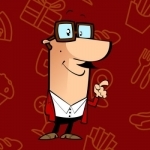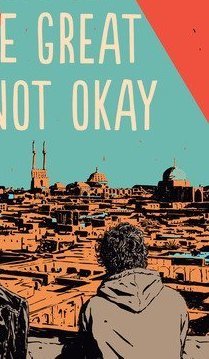A Balcony Over Jerusalem: A Memoir of the Middle East
Book
A gripping memoir of life in Jerusalem from one of Australia's most experienced Middle East...
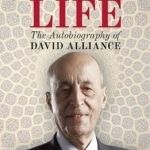
A Bazaar Life: The Autobiography of David Alliance
David Alliance and Ivan Fallon
Book
At the age of thirteen, David Alliance was taken out of school by his father and apprenticed into...
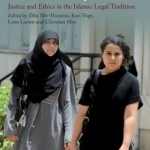
Gender and Equality in Muslim Family Law: Justice and Ethics in the Islamic Legal Tradition
Ziba Mir-Hosseini and Kari Vogt
Book
Gender equality is a modern ideal, which has only recently, with the expansion of human rights and...

ZenMate VPN
Productivity and Utilities
App
ZenMate Core VPN is the easiest way to stay secure and private online, while accessing the content...

Ashtanga Yoga - The Primary Series
Lifestyle and Health & Fitness
App
In the Ashtanga Yoga tradition, the breath and body move as one. This classical path harnesses the...
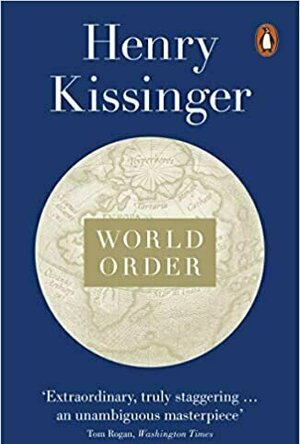
World Order
Book
In World Order, Henry Kissinger - one of the leading practitioners of world diplomacy and author of...
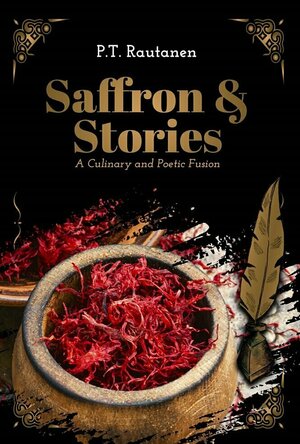
Saffron & Stories: A Culinary and Poetic Fusion
Book
Embark on a sensory journey through the heart of Persian culture with "Saffron & Stories: A Culinary...
Goddess in the Stacks (553 KP) rated Darius the Great is Not Okay in Books
Dec 25, 2018
Darius is a great main character. He's funny, self-deprecating, and complex. He has clinical depression, is medicated for it, and can sometimes tell when it's the depression making him think a certain way, but sometimes he can't. He's biracial, visiting Iran and his mother's Persian family for the first time, and adjusting to Persian social norms and traditions while trying not to lose sight of his American life. His connection with his father is tenuous and fraught with miscommunication, and lot of the book is spent wrestling with that relationship. His new friend, Sohrab, is a great foil to that, as his father is completely absent from his life, having been arrested and thrown in jail prior to the start of the story, largely for being in the wrong place at the wrong time, and being part of a minority religion.
There are so many small things touched on this book - suspicion at customs when flying through, bullying at school for being Persian, not speaking his family's language because his mother didn't teach it to him (and feeling cut off because of it) - all little things that a lot of immigrant children deal with.
Aside from the cultural things the book addresses, there's also the mental health aspect. Both Darius and his father have clinical depression, and there's stigma attached to having the diagnosis, and to taking pills for it. We see how their mental states affects their relationship with each other and with the rest of their family, and it's quite powerful. The author talks about having clinical depression in an afterword, and includes some resources that helped him. This is an #ownvoices novel in more ways than one, and it really shows. Excellent book.
You can find all my reviews at http://goddessinthestacks.com

